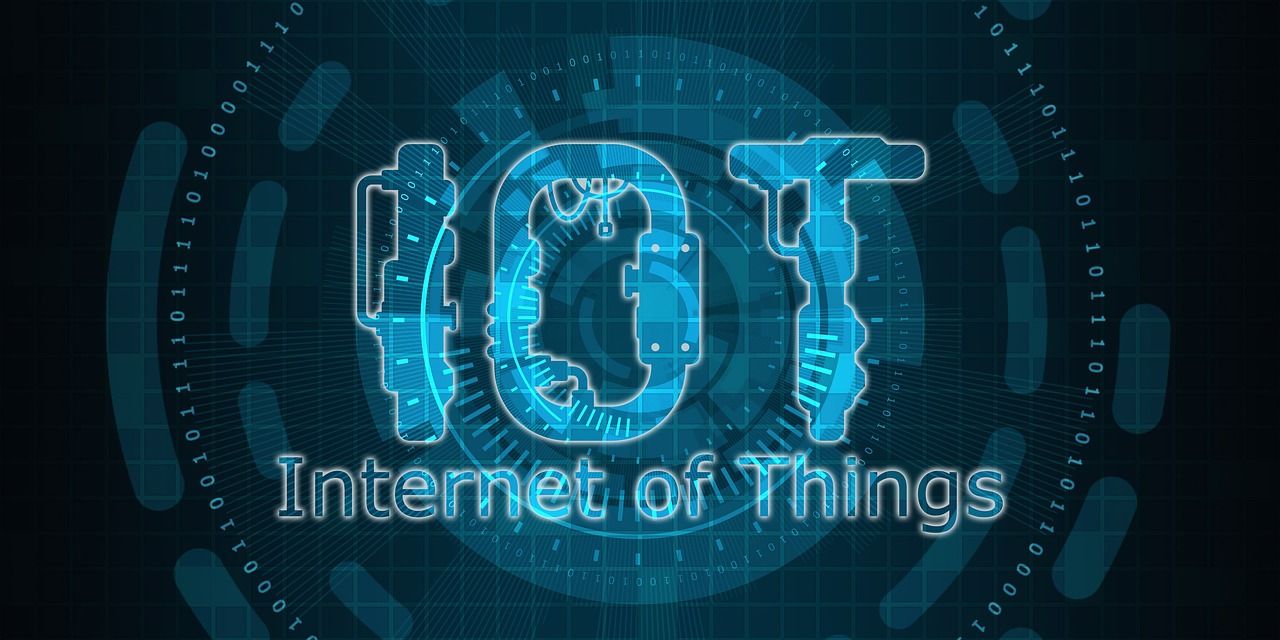- Internet of Things (IoT) devices are becoming popular in today's society.
- IoT can boost the economy by increasing productivity.
Since the industrial revolution, humanity has been on an incredible journey of technological advancement and discovery. In just a few years, we’ve seen the rise of digital currencies, social media platforms, and blockchain technology.
These advancements have led to the birth of new industries and ecosystems, like the Internet of Things (IoT) which are currently worth billions of dollars. According to an analysis by BanklessTimes.com, the IoT industry could be worth $13 trillion by 2030. That’s bigger than the entire economy of Japan!
Speaking on the impact of IoT, The CEO of BanklessTimes, said:
BanklessTimes CEOThe IoT era has introduced new systems that affect every aspect of modern-day life. Its technology can potentially change how we live, work, and play. IoT devices are becoming more sophisticated and are being used in a growing number of industries. This is expected to create new economic opportunities and boost productivity in a way that we have not seen before.
Internet of Things Explained
So, what exactly is the IoT? Simply put, the Internet of Things (IoT) is a network of “things” integrated with sensors, software, and other technologies to communicate and exchange data with other devices and systems over the internet. These gadgets range from simple domestic items like thermostats and coffee machines to more complex industrial machines like robots and drones.
For instance, you could install a smart thermostat in your home that would automatically adjust the temperature based on the time of day and your family’s needs. You could also get a smart coffee machine that would start brewing your morning cup of coffee as soon as you wake up. And, if you’re really feeling ambitious, you could even get a robot to help with the laundry or vacuuming!
The IoT has the potential to connect billions of devices and objects, including everything from cars and appliances to factory machines and medical devices. This interconnectedness can provide insights and enable automation to make our lives easier, safer, and more productive.
How Will the IoT Impact the Economy?
One of the most significant ways the IoT can boost the economy is by increasing productivity. The IoT can help businesses automate tasks and processes, freeing employees to focus on more value-added activities.
For example, the technology behind IoT can track production data in the manufacturing industry in real-time and adjust the manufacturing process accordingly. This kind of “smart” manufacturing can help factories increase output and decrease waste.
The healthcare industry is also adopting IoT technologies to improve patient care. For instance, some hospitals use IoT-enabled medical devices to track patients’ vital signs and alert staff to potential problems. This remote monitoring can help reduce the need for expensive and time-consuming hospital visits.
Further, the blockchain industry is also expected to benefit from the IoT. The combination of blockchain and IoT technologies can create a “trustless” environment where devices can interact with each other without the need for intermediaries. This could potentially revolutionize supply chain management, asset tracking, and many other fields.
For instance, IoTeX, a blockchain-based IoT platform, combines blockchain with the Internet of Things (IoT), making it possible to decentralize the entire ecosystem. The company is on a mission to build the “Internet of Trusted Things”, where all physical and virtual “things” can be connected and interact seamlessly in a trustless and decentralized way.
What Are the Challenges of the IoT?
Despite the many benefits of the IoT, there are also some challenges that need to be addressed. One of the biggest challenges is security. Given the interconnected nature of the IoT, a security breach in one device could have serious implications for other devices on the network.
Another challenge is privacy. As more and more devices collect data about our daily lives, there is a risk that this data could be used to track our movements, preferences, and behaviors.
Finally, the IoT is expected to generate a large amount of data that will need to be stored, managed, and analyzed. This big data will present its own set of challenges, including the need for new storage and processing solutions.
Despite these challenges, the potential of the IoT is too great to ignore.













